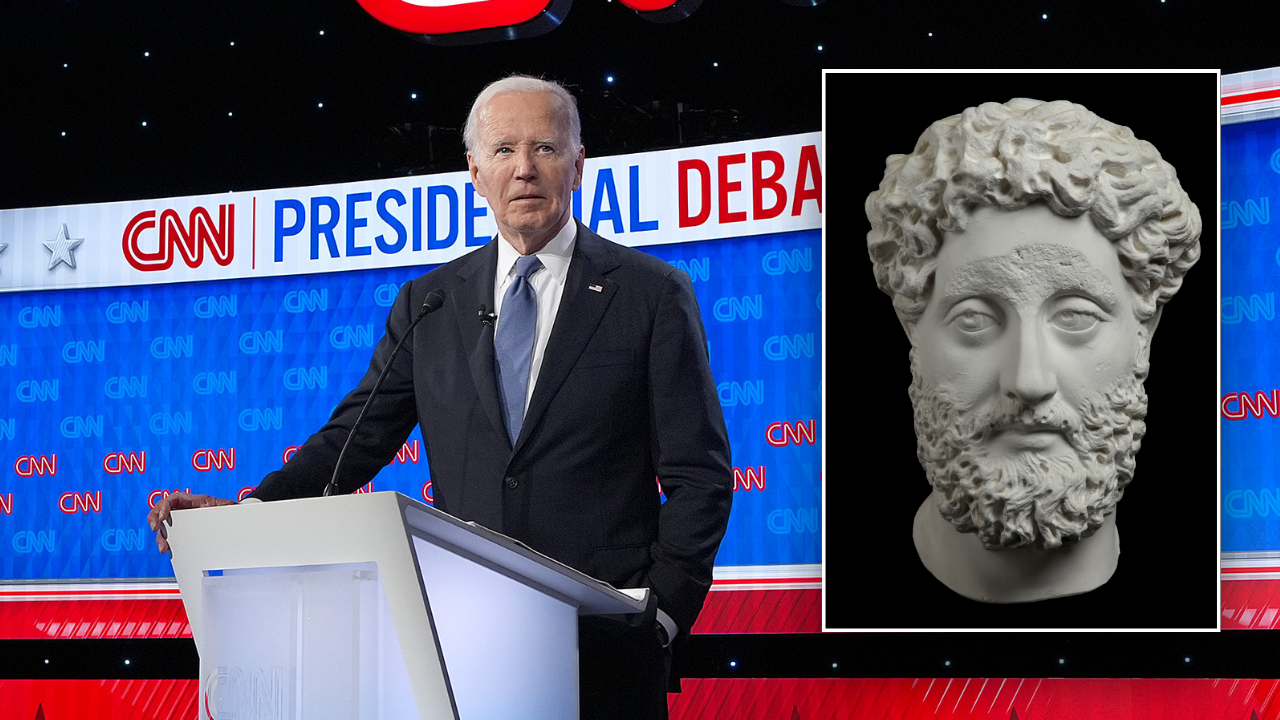Polish official compares Biden debate to fall of ancient Rome
During a recent post on social media, Polish Foreign Minister Radosław Sikorski made a comparison between President Biden’s debate performance and the decline of ancient Rome, specifically referencing the rule of Roman emperor Commodus. This post raised eyebrows due to its critical tone and historical analogy.
In his post, Sikorski highlighted the succession misstep made by Marcus Aurelius, a revered emperor in Roman history, who passed the throne to his son Commodus. Sikorski described Commodus as “feckless,” drawing parallels between his disastrous rule and the potential implications of poor leadership in modern times.
While not explicitly naming President Biden, the timing of Sikorski’s post in relation to Biden’s debate performance strongly hinted at a connection. This indirect commentary on Biden’s abilities and leadership style sparked conversations worldwide, with media outlets in various countries weighing in on the implications of his performance.
It is worth noting that critiques of Biden’s debate performance are not limited to foreign officials. Domestically, concerns about his advanced age and cognitive decline have been topics of discussion among political commentators and the public alike.
Media coverage of the debate, both within the U.S. and internationally, has contributed to a broader narrative about American politics and leadership. The scrutiny faced by Biden following the debate reflects the intense interest and stakes involved in the 2024 presidential race.
While Sikorski’s comparison to Commodus may seem extreme, it serves as a reminder of the historical precedents for leadership challenges and the importance of effective governance. Drawing parallels between ancient Rome and modern politics highlights the enduring relevance of historical lessons in shaping contemporary perspectives.
As the political landscape continues to evolve, with debates and controversies shaping public opinion, the role of leaders in steering their countries towards stability and progress remains paramount. The intersection of history, politics, and media scrutiny creates a complex web of narratives that influence public perceptions and future outcomes.
Whether one agrees with Sikorski’s interpretation of Biden’s performance or not, his choice to invoke a historical figure like Commodus underscores the enduring power of historical analogies in shaping contemporary discourse. As audiences grapple with the implications of political rhetoric and leadership styles, the echoes of ancient Rome serve as a cautionary tale and a call to reflect on the lessons of the past.
Ultimately, the debate over Biden’s performance and its historical comparisons reveal broader themes of leadership, legacy, and the enduring impact of individual actions on larger societal narratives. As the political stage continues to unfold, it is clear that these conversations will continue to shape public discourse and perceptions of leadership in the modern era.








